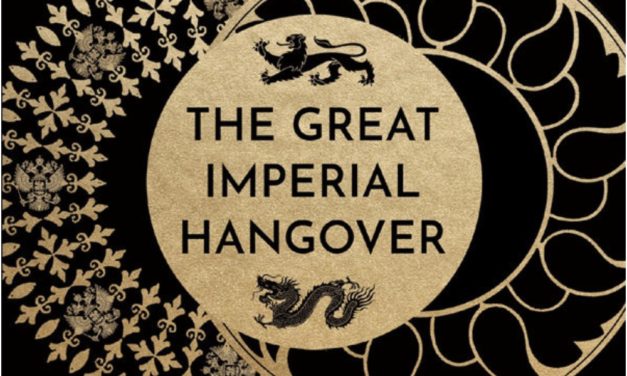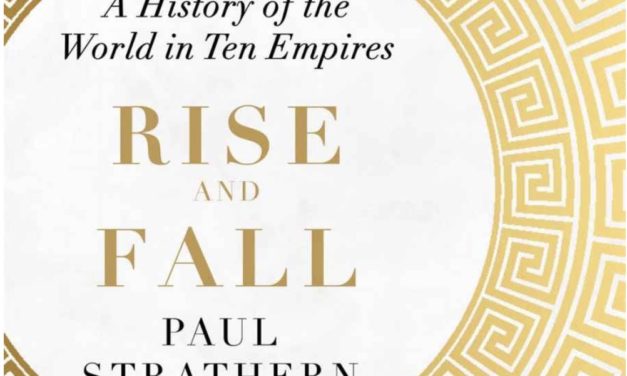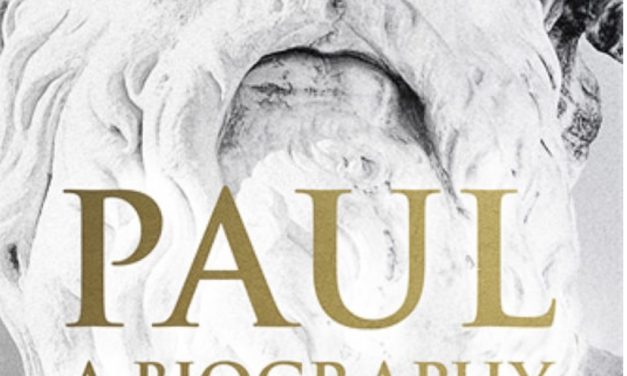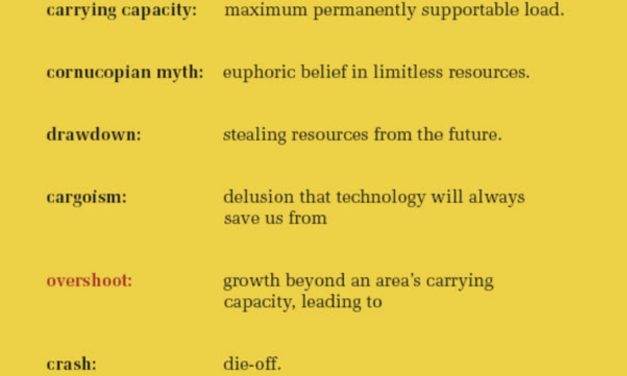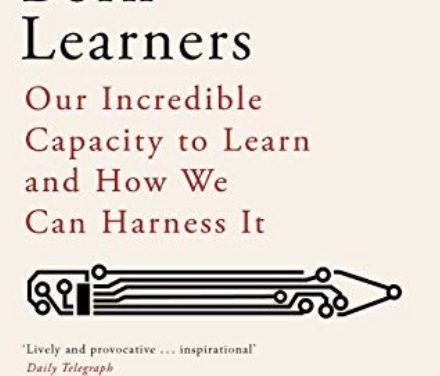The Great Imperial Hangover: How Empires Have Shaped the World
For the first time in millennia we live without formal empires. But that doesn’t mean we don’t feel their presence rumbling through history. The Great Imperial Hangover examines how the world’s imperial legacies are still shaping the thorniest issues we face today.
From Russia’s incursions in the Ukraine to Brexit; from Trump’s ‘America-first’ policy to China’s forays into Africa; from Modi’s India to the hotbed of the Middle East, Puri provides a bold new framework for understanding the world’s complex rivalries and politics.
Read More
